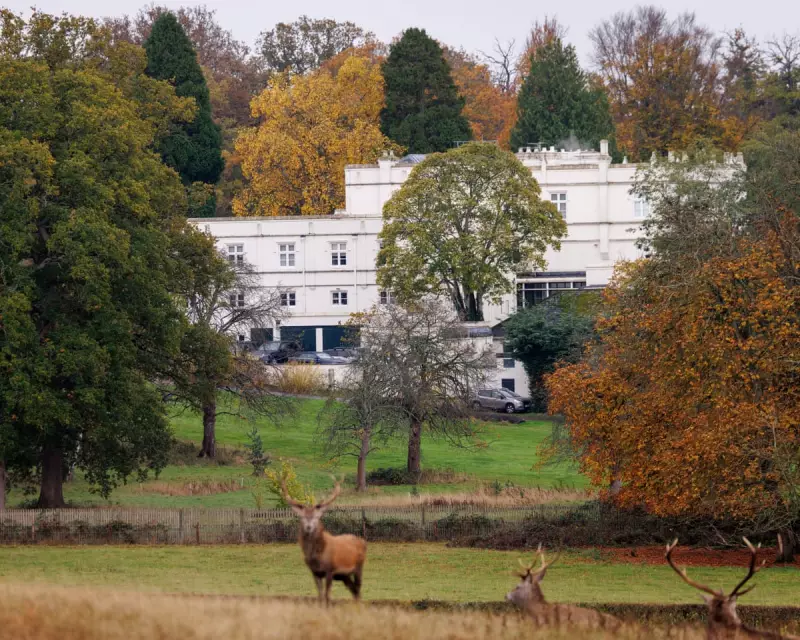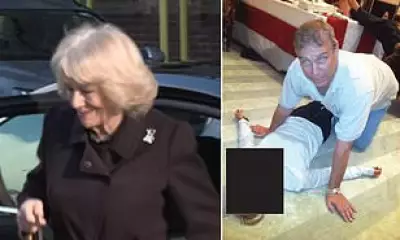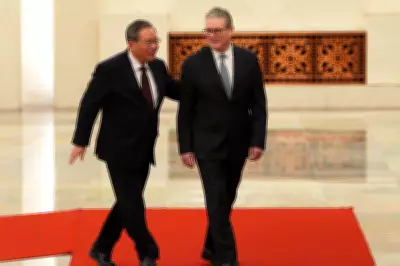
Pressure is mounting on the government to disclose full details of Prince Andrew's rental arrangement for his 30-room Royal Lodge residence, as MPs demand greater transparency over the controversial deal.
Parliamentary Scrutiny Intensifies
A powerful cross-party committee has formally requested the government clarify the exact terms under which the Duke of York occupies the luxurious Windsor property. The inquiry focuses on the much-criticised "peppercorn rent" arrangement that has raised eyebrows across Westminster.
Conservative MP and committee chair Sir Bernard Jenkin emphasised the need for clarity, stating: "The public deserve to understand the full nature of this arrangement, particularly given the property's royal status and the ongoing scrutiny of royal finances."
The Royal Lodge Controversy
The 30-room Grade II listed mansion in Windsor Great Park has been Prince Andrew's home since 2004 under a 75-year lease. Recent attention has centred on the remarkably low rental terms, described as "peppercorn" despite the property's multi-million pound value and substantial maintenance costs.
Documents reveal that the government has repeatedly declined to answer parliamentary questions about whether public money supports the property's upkeep. This silence has fuelled concerns about transparency and accountability in royal financial matters.
Growing Political Pressure
The committee's intervention represents the most significant political challenge to date regarding the Royal Lodge arrangement. MPs from across the political spectrum have joined calls for disclosure, arguing that the deal raises important questions about public oversight of royal properties.
Labour committee members have been particularly vocal, describing the current lack of transparency as "unacceptable" in modern constitutional arrangements.
Broader Implications
This scrutiny comes amid wider debates about royal finances and the monarchy's relationship with public funding. The Royal Lodge situation has become emblematic of concerns about financial arrangements that fall outside normal public scrutiny.
As the government faces mounting pressure to respond, the outcome could set important precedents for how royal property deals are disclosed and scrutinised in future.





